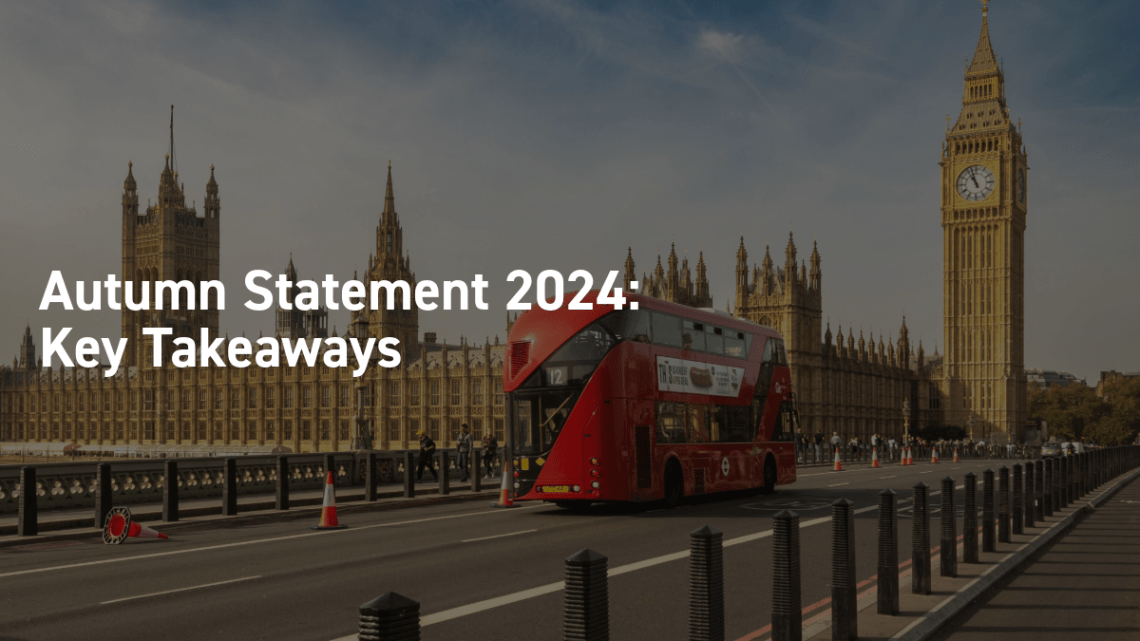
In Wednesday’s Autumn Budget, all eyes were on the new government and the tax rises needed to fund their policy agenda.
While the Chancellor stuck to her manifesto pledges not to increase Income Tax or National Insurance for employees she announced a series of new tax increases across Inheritance Tax, Capital Gains Tax, and employer’s National Insurance.
Here are some of our key takeaways:
Further IHT freeze impacts normal working people
Stevie Heafford, Tax Partner said “Inheritance Tax has long been one of Britain’s most unpopular taxes. As it stands, the nil rate band, which is the amount you can pass onto your loved ones without paying any Inheritance Tax, is £325,000.
“The decision by the government to freeze this figure until 2030, rather than increase it in line with inflation, means that many people will continue to find themselves caught in the Inheritance Tax trap for the first time.
“The Chancellor should have increased it in line with inflation. Sadly, Inheritance Tax is no longer in the realm of the ultra-wealthy but instead it impacts normal working people.”
Capital Gains Tax increases hurt government tax receipts
Stevie Heafford, Tax Partner said “The Chancellor has decided to increase the lower rate of Capital Gains Tax from 10 to 18% and the higher rate from 20 to 24%. While the move is forecast to bring in £2.5bn over the coming years, there is a danger that it could actually disincentivise investment, leading people to hoard their assets and drive down Capital Gains Tax receipts in the longer term.”
Renters pay the price on second home surcharge
– From 31st October 2024, a surcharge on second homes from 3% to 5% has been introduced.
Stevie Heafford, Tax Partner said “The Chancellor has increased the surcharge on second homes by 2% to 5% effective from tomorrow. This is a bold move which will likely impact renters, as well as landlords. As landlords put more second homes up for sale, the rental market will become even more competitive than it is today. Ultimately, renters will pay the price.”
Chancellor takes a cut from children’s education
– The Chancellor confirmed the introduction of 20% VAT on private school fees from terms starting on or after January 2025.
Stevie Heafford, Tax Partner said “Given this tax doesn’t raise much revenue for the Exchequer, it is a bold move to add a price tag on children’s education.
More than half a million children attend private school in the UK, leaving their families with a tough choice between finding additional cash or disrupting their children’s education.”
Restrictions to business property relief forces farmers to sell up
Sam Dewes, Private Client Partner at HW Fisher said “The Chancellor has announced significant restrictions to Business Property Relief and Agricultural Property Relief. Previously these reliefs meant that businesses and farms could often be passed down a generation without any IHT. The Chancellor saw these reliefs as ripe for abuse.
However, these reliefs have historically protected the Estates of business owners and farmers from having to sell up to be able to afford the tax, allowing the next generation to continue trading. As such, this change could see tax motivated lifetime giving or force farmers out of the industry.”
Increase to National Insurance will cripple SMEs
Simon Michaels, Director at HW Fisher said “The Chancellor’s announcement to increase employer’s National Insurance, despite the change in threshold, will still be a significant hike in cost for employers. This will cause small businesses to be cautious in their growth and redirect expenditure to cover this hole in their finances. In reality, the increase in employers’ National Insurance allowance will only benefit very small businesses. Based on an average UK salary of £34k the additional cost to an employer will be more than £900 per annum which is an increase in employers NI per employee of over 26.5%.”
You can read our full Budget Summary Report 2024 here.
We’d love to hear from you. To book an appointment or to find out more about our services: